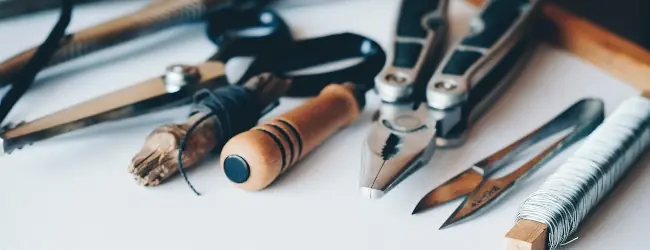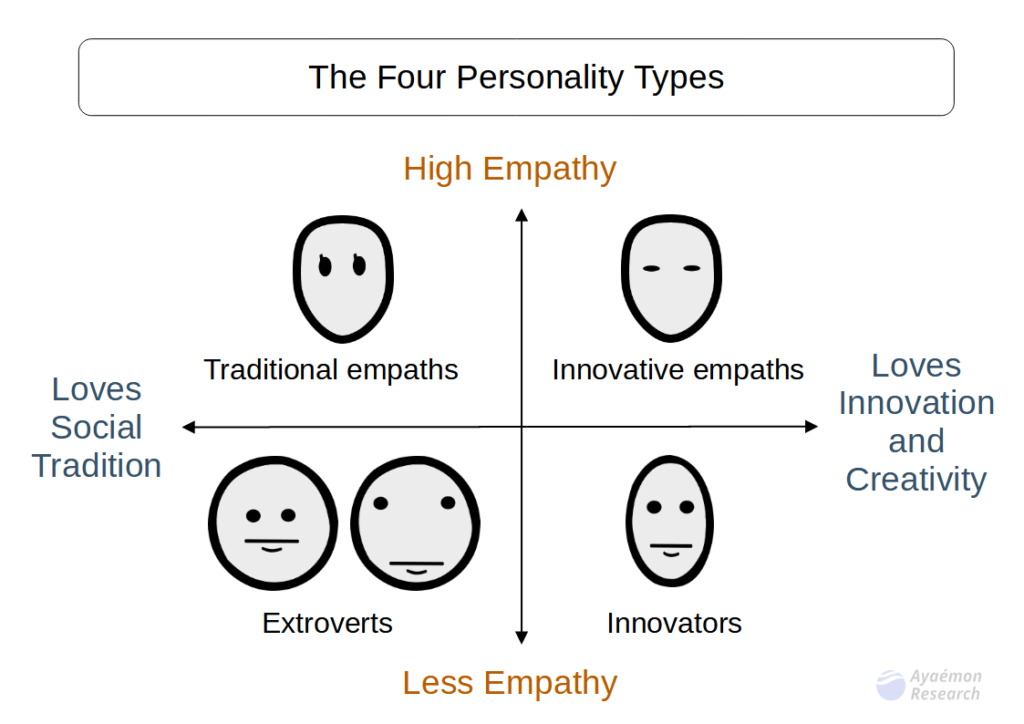I have explained the whole picture of an inferiority complex these days. Today, I will talk about a positive way to use it. Although this article is similar to the previous one (this article), I will add a more detailed explanation from another perspective.
How to use our inferiority complex positively
Sometimes, we suffer from an inferiority complex. An inferiority complex is the feeling that we feel inferior to others. That often drives us to do what we don’t like and stresses us.
An inferiority complex is good for the community in a confusing situation, but it will be unhealthy for individuals in a stable period.

However, we can use it positively if we deal with it appropriately. That will give us fulfillment by helping others.
In other words, we don’t have to let go of it if we can use it positively. This way of thinking might fulfill us even if we have an inferiority complex.
Ambulance attendants of society
If we look at an inferiority complex positively, we can say that people with an inferiority complex are the “ambulance attendants in society.” They try to fill a social lack. That act contributes to the community to which they belong.
That is why people with an inferiority complex tend to have a stronger desire for approval. That desire makes them feel, “If I can contribute, anywhere is fine,” and drives them to act.

In addition, that is why they tend to confuse their values with those of others. That allows them to live in a place even if it is not suitable for them.
On top of that, we feel strong excitement if we accomplish it. That works as a mental reward, even if it is short-term fulfillment, even if we cannot use our individuality.
Those reasons indicate that an inferiority complex is not so bad as long as our community has a social lack.
How to find a community with a social lack
In other words, if we can find a community with a social lack, we can use our inferiority complexes positively.
Then I will introduce how we can find it.
To explain it, let me introduce the four types of personalities that I often use, as follows:

We classify our personalities into four types.
- Extroverts: People who like repeating the same day as yesterday. They don’t like to change their lives because it will be a waste of their past learning. They also like to live in the moment rather than prepare for the future. They become the weakest people when their communities are in confusion and decay.
- Traditional empaths: People who like repeating the same day as yesterday. They like to prepare for the future rather than live in the moment. They become the weakest people when their communities are in progress and in a situation where everyone has hopes.
- Innovators: People who like creating new ways rather than repeating the same day. They are depressed if they improve nothing. They like to live in the moment rather than prepare for the future. They become the weakest people when their communities have too many restrictions to be creative.
- Innovative empaths: People who like creating new ways rather than repeating the same day. They like to prepare for the future rather than live in the moment. They become the weakest people when their communities are in progress or have too many restrictions to be creative.
Where to contribute to
Those tendencies provide us with where to contribute to.
Whichever type we are, we have three contributable situations. We can use our strength in those situations.

If we have inferiority complexes to be another type, we can contribute to them more because we understand their way of life. That will give us more influence to impact them. Perhaps that is why influential people often have a strong inferiority complex.
The points to keep in mind
I will list the points to contribute to another type, as follows:
- We need to be aware that we are a different type from them, although we pretend to be them. In other words, we use only the skills of our personalities.
- If they don’t like us, leaving the community as soon as possible is better because it means they are not in trouble. It means we cannot contribute to them.
- Sometimes, staying long-term affects us negatively, especially in a community where we have an inferiority complex. That could increase our inferiority complex gradually and negatively.

The ways of innovative empaths
Let’s see an example of how to find a place to contribute. This time, I will explain innovative empaths.
If we are innovative empaths, we could contribute to the other types: extroverts, traditional empaths, and innovators. We can provide them with our skills, such as empathy, logical new ways, survival ways, or ways to cut costs.
Innovative empaths are the only type who can enjoy the survival situation from a long-term perspective. Thanks to our creativity, we can live with fewer items. In addition, thanks to empathy, we can prepare for the long term. (I will explain why empathy brings us long-term preparation someday.) That gives us survival skills in a confusing situation.

That tells us where to contribute. We can search for the community that lacks it. Focusing on it shows us a good place.
We can usually affect traditional empaths and innovators. We can communicate with traditional empaths with empathy. We can communicate with innovators with logical explanations. However, it is often hard to communicate with extroverts because we don’t know how to communicate with them.
In such a case, an inferiority complex allows us the skill to communicate with extroverts. Thanks to it, we can give them our skills by pretending to be them. That gives us influential power.
Conclusion
That is the way we can use our inferiority complexes positively.
The inferiority complex allows us to help other types. We don’t have to let go of it.
This way of thinking might fulfill us.
Thank you for reading this article. I hope to see you in the next one.


